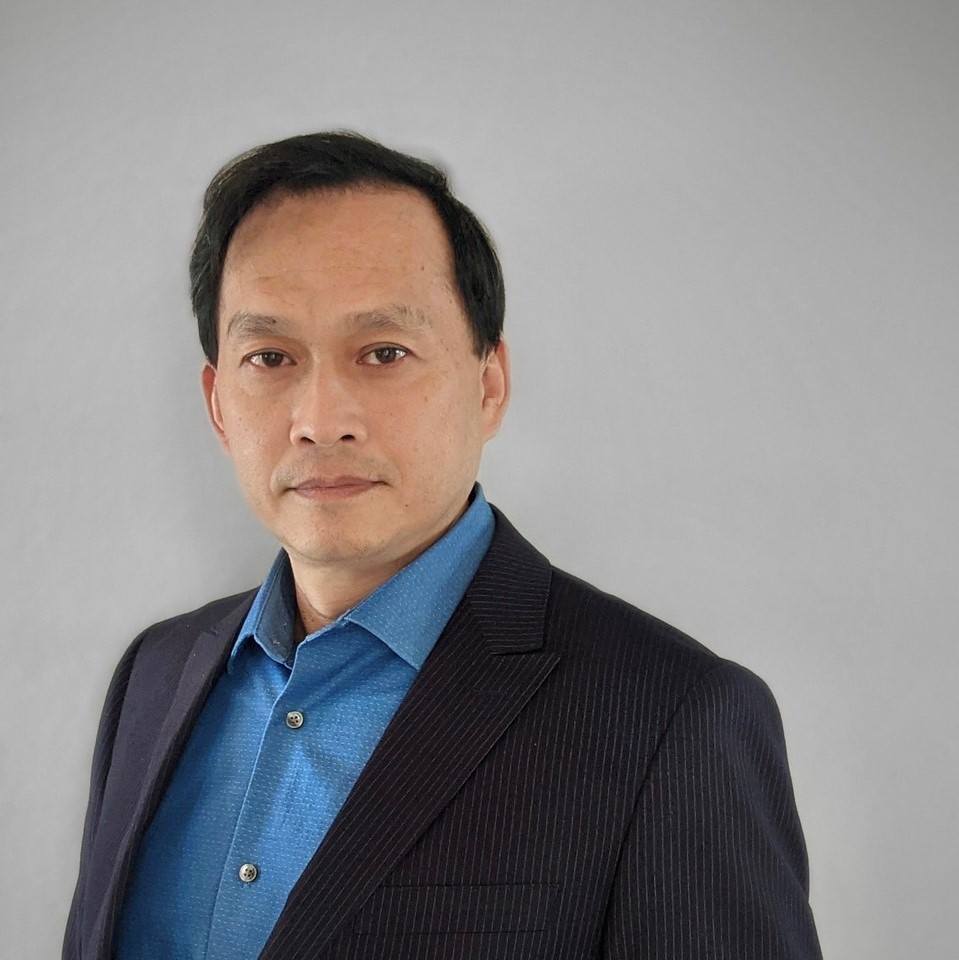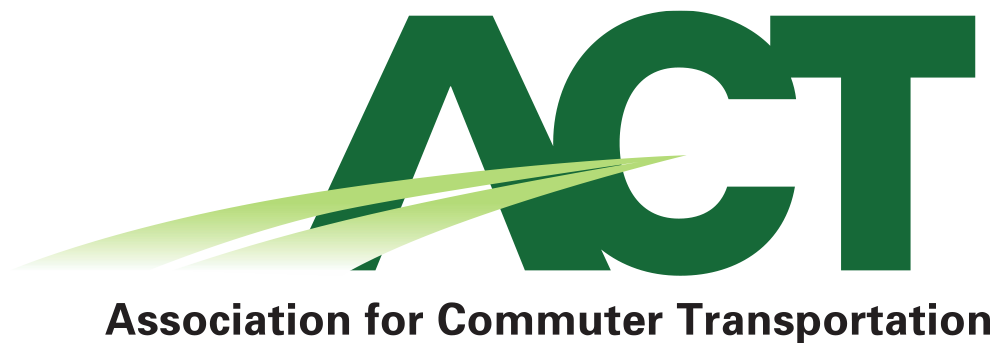Executive Spotlight: Yi-Chang Chiu, Metropia
Date postedNovember 23, 2021
 Metropia’s motto is “making cities more connected and less congested.” We work with cities and employers to apply our expertise in behavioral economics and mobility-on-demand (MOD) services to help drivers discover and adopt multi-modal mobility options.
Metropia’s motto is “making cities more connected and less congested.” We work with cities and employers to apply our expertise in behavioral economics and mobility-on-demand (MOD) services to help drivers discover and adopt multi-modal mobility options.What are you and your organization seeking to achieve?
We seek to establish solid ground proofs that behavioral economics and nudging techniques combined with mobility-as-a-service (MaaS)/Mobility-on-Demand (MOD) systems will produce high ROI in congestion management and could be a valuable tool alongside capacity and ITS types of strategies.
How did you get to where you are today?
Our concept was pretty wild back in 2012, and we were fortunate to have a few angel investors to help us jump-start the project. When we launched the first version of the platform in 2015, we were also lucky to have a few forward-looking transportation agencies willing to work with us to conduct several pilot projects. We have learned many behavior insights along the way. In 2018 we started version two of the system, where we built in the effective behavior nudging approach we’d developed over many years. We are still trailblazing and learning all aspects of consumer behavior as applied to travel choices.
How have you seen the TDM industry change?
When I attended the first ACT conference in San Antonio a few years back, I had several observations: (1) the industry heavily relied on using the honor system for participants to log their trips, (2) the industry primarily served the non-driving population and was somehow reluctant to engage drivers, (3) the planners were good at planning and executing community-based campaigns, but those could be difficult to scale. Over the years, I have observed quite significant changes in mindset, strategies, and technologies. The industry recognizes that SOV drivers could also be part of the solutions and is more open to trying new ideas such as incorporating TNC’s in various first-/last-mile solutions and testing various MaaS concepts and systems. Although not all of the pilots turned out to be fruitful, a great deal of knowledge was gained.
Where do you see the industry going in the next ten years?
I think future TDM opportunities reside in data-driven decision-making and personalized communication and persuasion. We will use more data and analytics to identify pockets of opportunities where the nudgable drivers are and what they need and provide personalized options and incentives to nudge them to take the first step.
What brought you to ACT? What has been the most memorable part of your involvement in the ACT?
ACT is the most prominent organization promoting all aspects of TDM in the US with very enthusiastic members and committed professionals. I found the local chapter sessions and various workshops to be very inspiring and insightful.
What keeps you motivated?
I established Metropia to crack the code of behavioral change in travel choices. I came from academics, and I realized that the research had done so much, but little has been found effective in the real world. This is a challenging problem to solve, but we will continue the mission until we find the answers.
What has been the most fulfilling moment in your career?
In the first twenty years of my career, I briefly felt fulfilled and satisfied when I earned various professorship ranks in the academic field, but soon I felt hungry and wanted to solve harder problems. Then I ended up taking a much harder problem for myself – running a company focused on solving a problem (rather than purely to make money); balancing between scientific curiosity and the company’s financial vitality, particularly for a start-up company that does not want to make up a rosy financial picture to venture capitalists. I don’t have a single fulfilling moment. Still, when I work closely with my 40+ dedicated and passionate team members and see we are step-by-step solving the problem and our work is appreciated by our clients, every moment is fulfilling for me.
What is a great piece of advice you have received? Have you put it to use?
I received a great piece of advice from a behavior product design colleague: Humans have both intuitive and deliberative minds. Don’t start to speak to the deliberative mind because humans use the intuitive mind 80% of their daily life. Focus on triggering the intuitive mind to think about making new changes first.
We have been following this advice and similar approaches in all our product conceptualization.
Any additional thoughts to share?
COVID has fundamentally changed how the workforce resides and commutes. We are observing a structural shift in travel demand regarding the origin, destination, departure time, mode, trip purpose, vehicle ownership, and values. Not all the trends favor multi-modal use (such as more are moving to suburbs). While trips may occur less frequently, they are likely to be at a longer distance. The combined effect remains unknown and hard to predict. While the new normal is still to be seen, the TDM surely remains a daunting challenge for us to solve.
